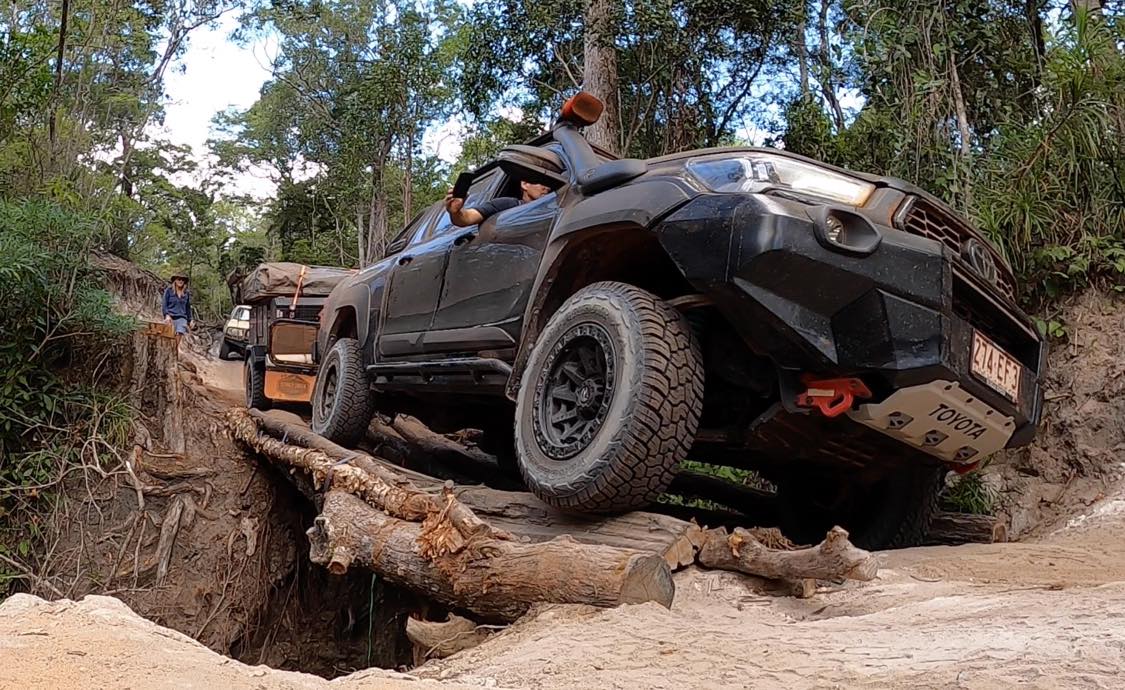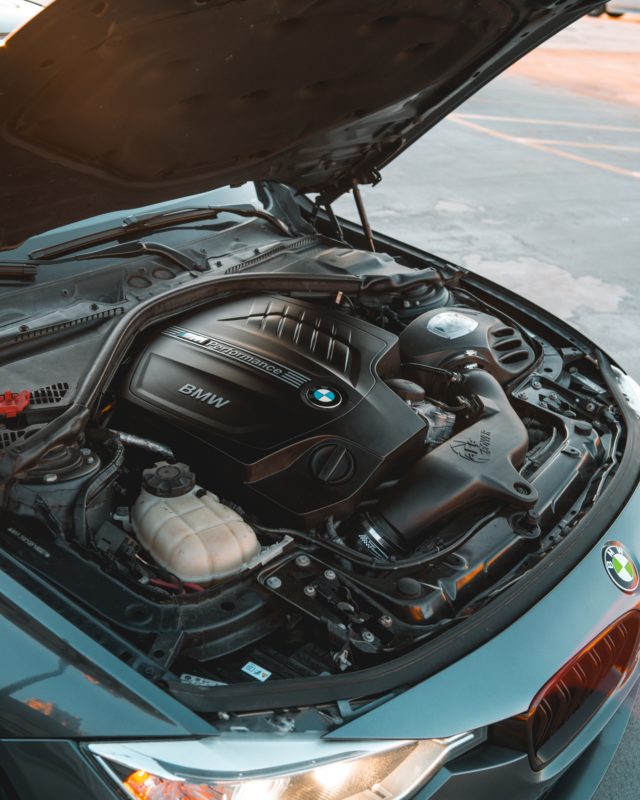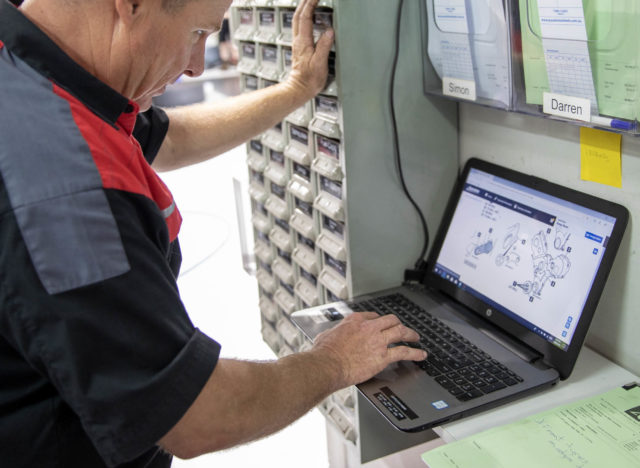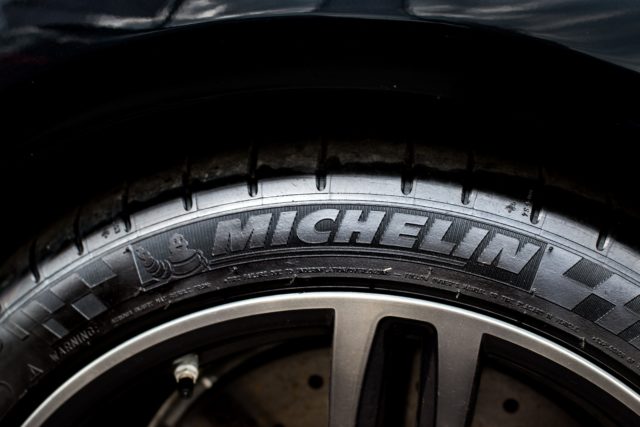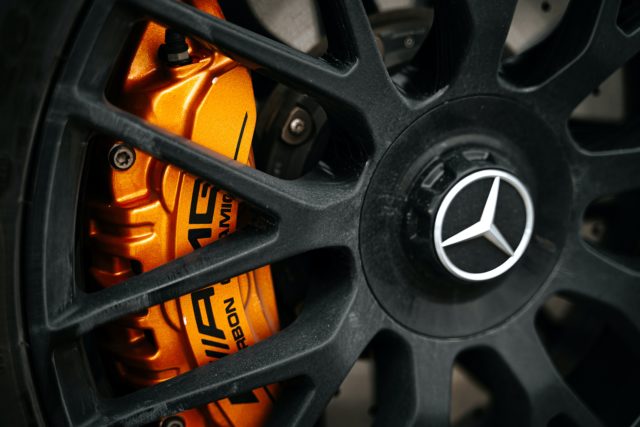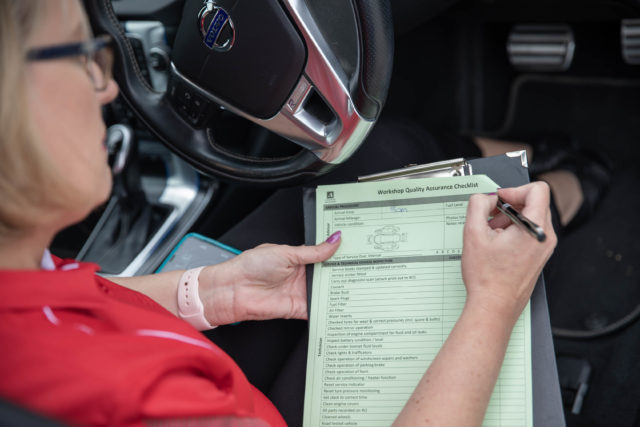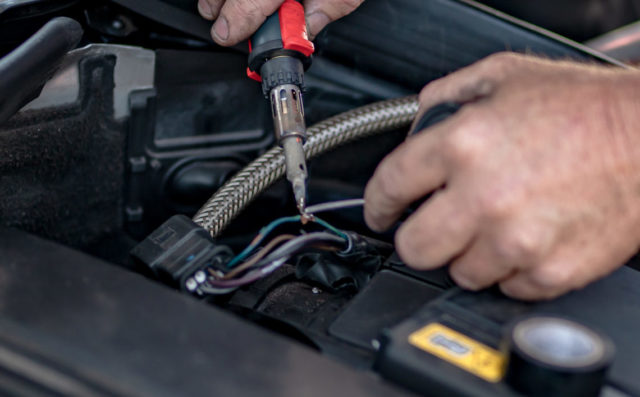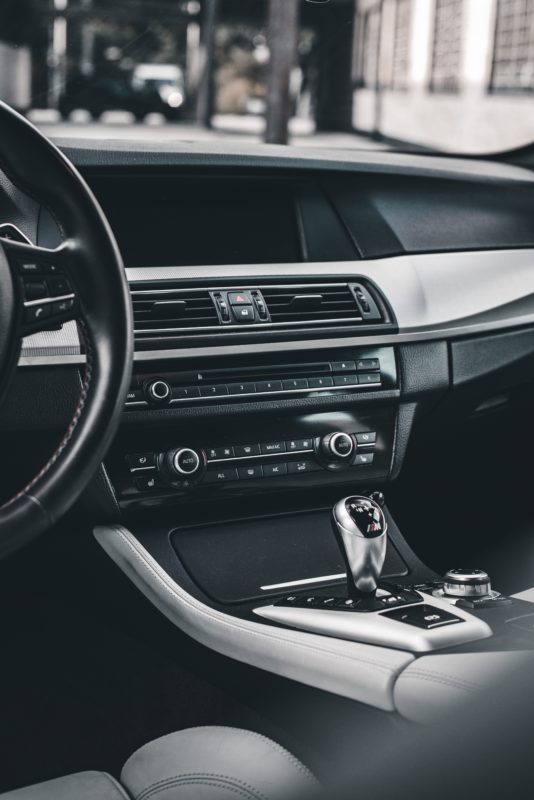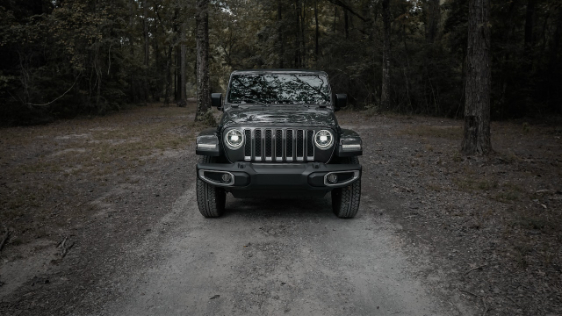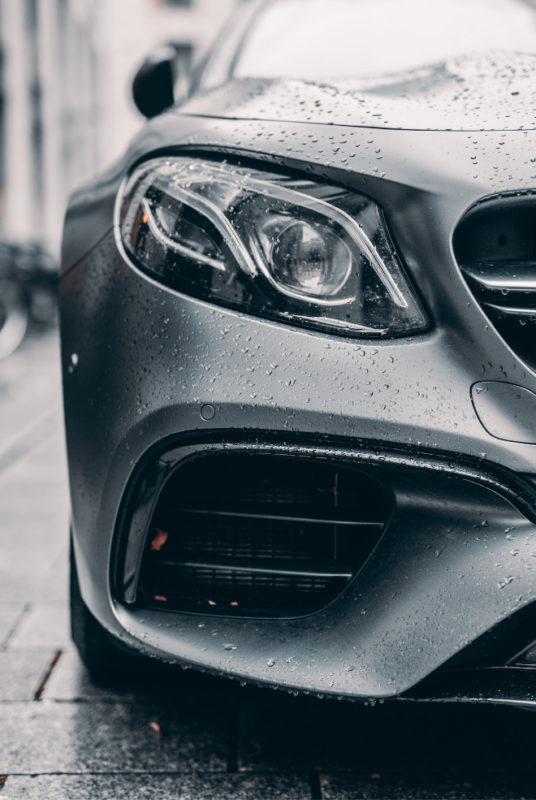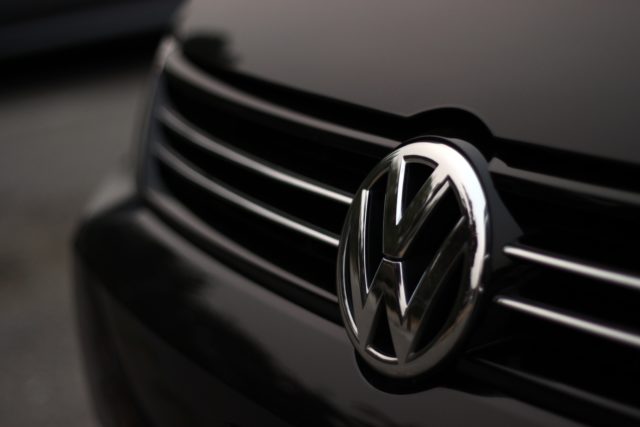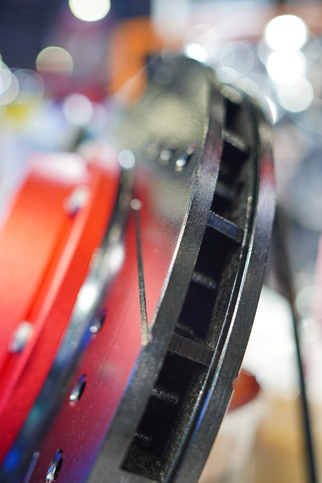
6 Signs your brake pads need replacing
Published
Here are 6 Signs Your Brake Pads Need Replacing, so you can book in a brake pad replacement before repair costs blow out.
You’ve likely heard the term ‘brake pads’ mentioned in a lot of past car services, that’s because they’re an ultra-critical part of your vehicle that your mechanic will always keep their eye on. A brake pad’s job – and you may have guessed it – is to create the friction that stops your car, something you’ll do countless times whenever you get behind the wheel.
Because they’re under the pump so much, brake pads are a part that will likely need replacing at least every two years (based on vehicle mileage average). But don’t freak out if you see black brake dust on your wheels! That just means your brake pads are doing their job. It’s when they stop that you should be worried. You can generally expect that to happen between 40k and 50k kilometres. It’s also something you shouldn’t ignore because worn brake pads can have serious impacts on driving, safety and your car longevity including:
- Damaged brake rotors and callipers - regular checks minimise the expense of replacement.
- Slow brake response time - slow response time means it takes longer to stop.
- Car vibrations - this is a sign that your discs are warped.
- Electric brake systems can be damaged when brakes are worn
Fortunately, worn brake pads can be easy to spot if you know the signs. Here are six big ones.
1. Squeaking or Squealing Noises
Nothing screams, “I’m at the end of my useful life,” quite like squeaking and squealing noises coming from your brakes. These are a surefire sign your brake pads are worn and will likely begin grinding into your rotors, blowing out the cost of repairs. If you hear squeaking or squealing, it’s time to book a replacement.
2. Grinding Sounds When Braking
We’ve already mentioned the perils of hearing grinding when you hit the brake pedal, however some brake pads are kitted out with built-in metal wear indicators that give off a loud noise when it’s time to replace your pads. If you hear an alert, don’t ignore it or you’ll find yourself paying the price later.
3. Vibrations When Braking
When it comes to braking, there’s no such thing as ‘good vibrations’. If you feel your car shudder as you come to a stop, it’s an indicator that your braking system needs some serious TLC. The likely cause of these vibrations are warped rotors, which can lead to uneven wear between your brake pads. When your brake pads start fatiguing at different rates, you may find that your car no longer turns properly and you start to feel unbalanced behind the wheel.
4. Brake Pad Indicator Light Comes On
These days, most car dashboards show two brake warning lights – the Antilock Braking System (ABS) light and the brake system warning light. Neither are something you should rely on solely for brake performance feedback as the latter will illuminate whenever your parking brake is engaged. If your car isn’t in park and you’re seeing the light, it’s time to steer straight towards a brake expert as your brakes pads have reached the maximum life.
5. Slow Stoppage Times
Is it taking longer to come to a complete standstill? That’s another sign your brake pads are far from their performance peak. Slow brake times are an indicator that your brake pads could be completely worn or that your brake fluid is dangerously low, perhaps due to a leak. The only way to figure out what it is is to get your car seen by a qualified mechanic as soon as possible before your vehicle loses its ability to brake at all.
6. Visibly Thin Brake Pads
If you’re someone who likes to get under the chassis now and again, you can actually inspect your brake pads for wear. To do this, take a look between the spokes of your wheels to locate your brake pad. Anything less than a ¼ inch or 6.4 mm in thickness is a sign it’s time to book in a brake pad replacement.
If you’re in Brisbane, your first stop should always be Accelerate Automotive. Our team live and breathes European cars. Our combination of specialist equipment and decades of combined experience means we’re well equipped for brake servicing and brake pad replacements, as well as rotor machining and replacements. And we’ll do it all on time, to budget and above standard using the highest quality parts.
